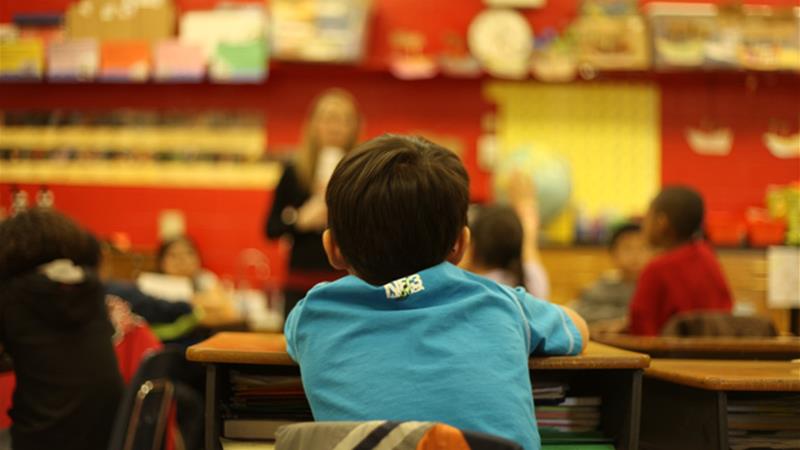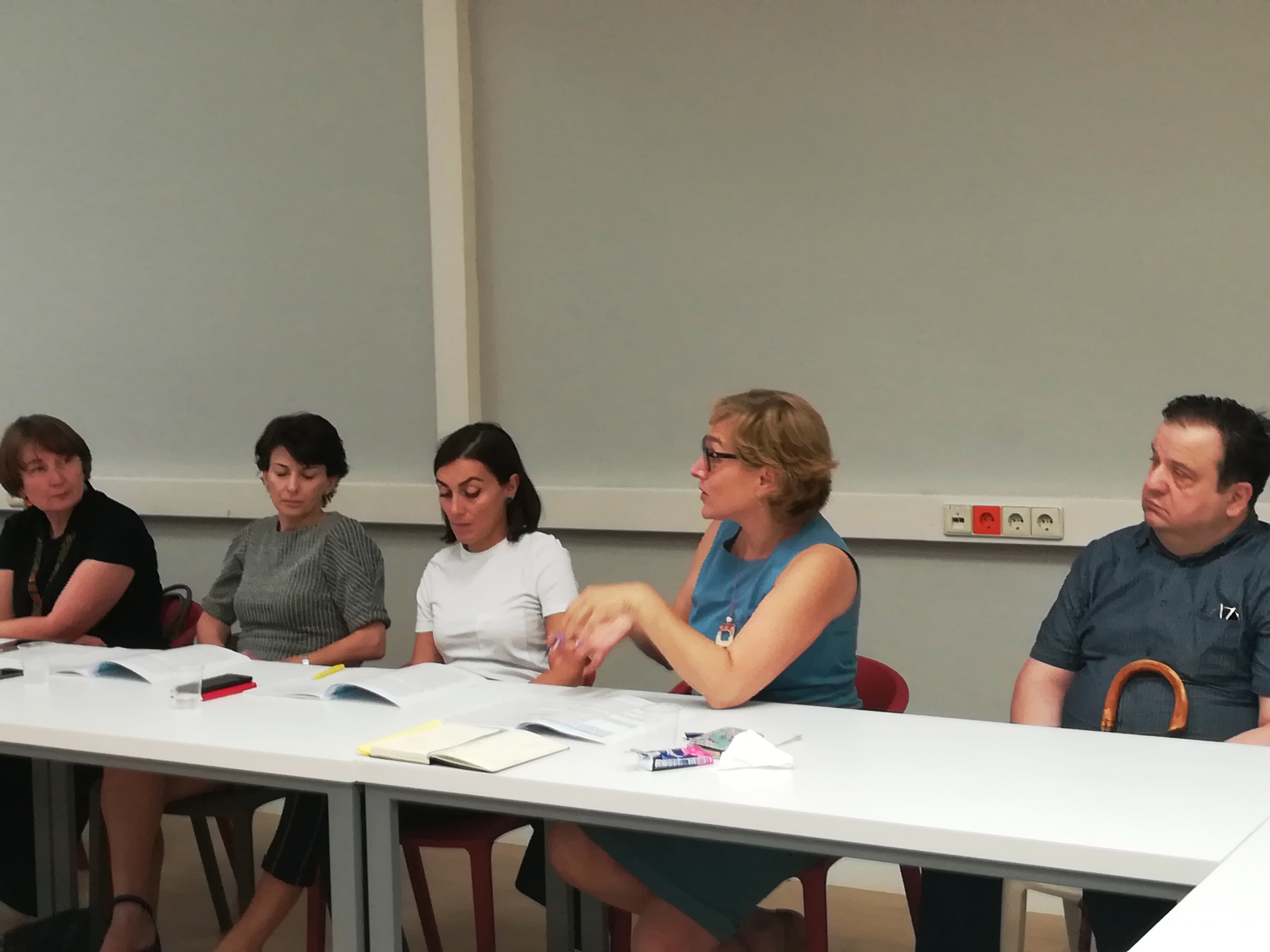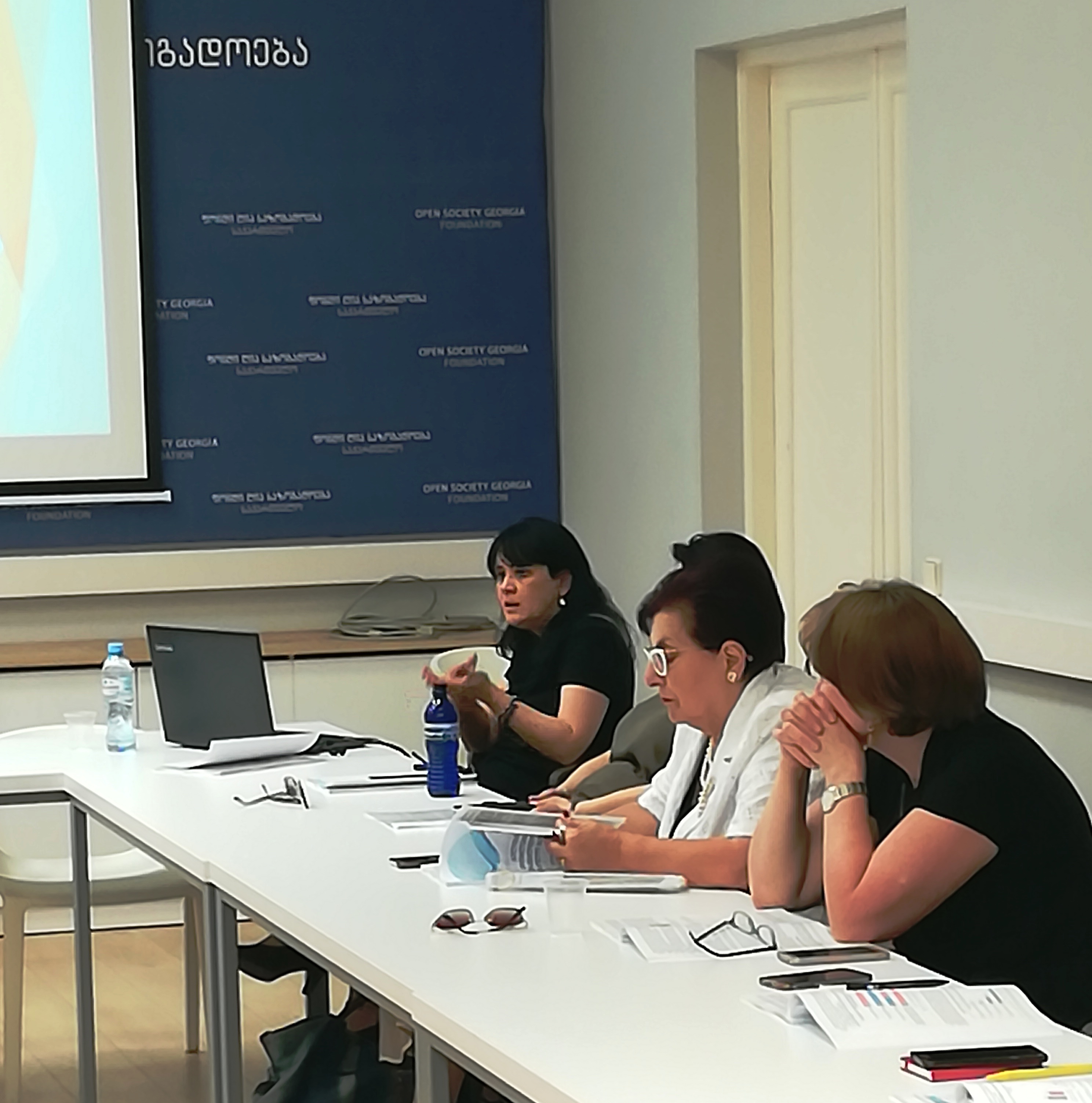

On July 3, Open Society Georgia Foundation (OSGF) hosted a presentation of the report “Problem of Bullying in Diverse School Environment.”
The project “Problem of Bullying in Diverse School Environment” was implemented by Women’s Rights Community Initiative with the financial support of OSGF’s National Integration Program and in partnership with Applied Research Company (ARC).
Khatuna Ioseliani, OSGF National Integration Program Manager made her opening remarks during the presentation. Lili Safarova, head of Women’s Rights Community Initiative, and Khatuna Nachkebia, founder of ARC, presented their papers.
The research conducted within the framework of the project has studied the types of bullying among pupils in the regions of Georgia populated by non-Georgian ethnic groups, especially in those schools, where ethnically Georgian and non-Georgian pupils are studying together. Attitudes of pupils and the school community (administration, teachers, parents) towards the problem of bullying have been determined.
Both quantitative and qualitative research methods were used during the work.
Structured questionnaires containing open-ended and closed-ended questions were used as a quantitative research tool. Questionnaires were self-administered and questionnaire methodology was used as the survey method.
Focus group discussion methodology was selected as the method of qualitative research and focus group guide was used as the research tool.
The quantitative survey was conducted with 8th-12th graders (target group) from 19 public schools of Tbilisi, Adjara, Kvemo Kartli, Samtskhe-Javakheti, and Kakheti. Two focus group meetings were held in each target region, one with the participation of parents and the other – with school administration. A total of 13 focus group meetings were held.
Key findings of the research:

Representatives of the Ministry of Education, Science, Culture and Sport of Georgia, school resource officer’s service, schools, Public Defender’s Office, civil society organizations, as well as field experts and other interested persons attended the presentation.
Following the presentation, the researchers answered the questions that were followed by a discussion.
